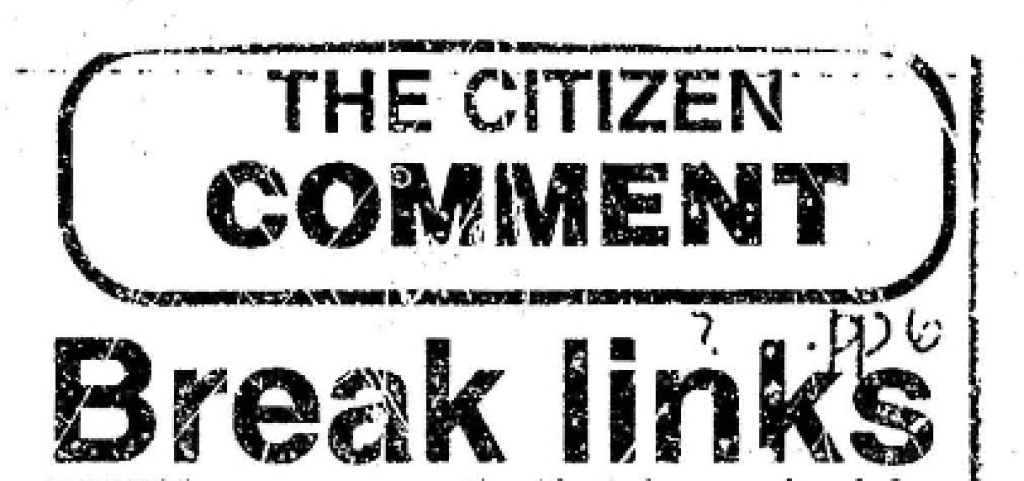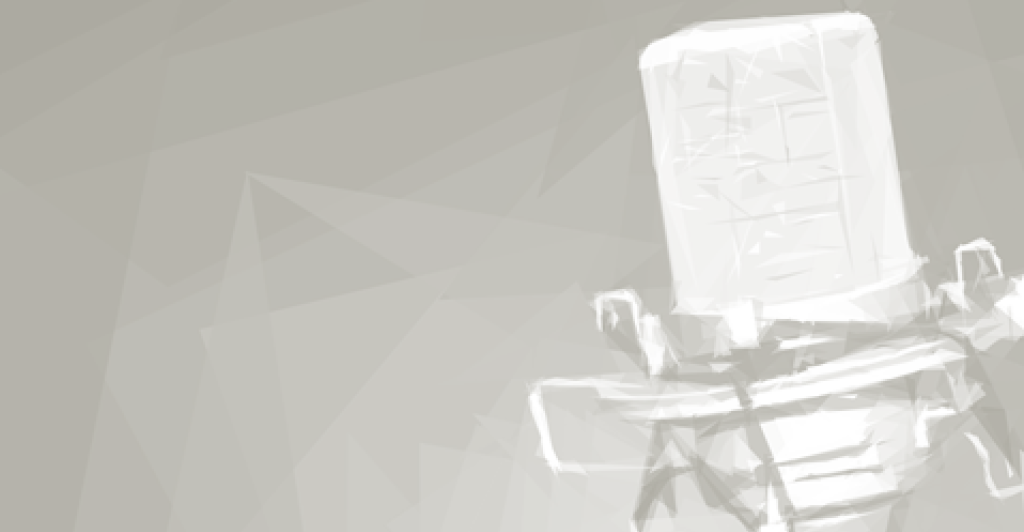The developments of 1996 created conditions for the public airing of differences. Given that the RDP had begun life as a Reconstruction Programme initiated by COSATU, in order to influence the ANC election manifesto, and given that that the minister responsible for the RDP was from COSATU, the closure of the RDP office without consultation caused alarm and anger in the federation.
The sentiments hardened when GEAR was announced as the government’s macro-economic policy, with only minimal and last-minute consultation. Objections that at first centred on process and lack of consultation about the two decisions, soon crystallised into a charge of a fundamental policy shift antagonistic to the Alliance partners and their constituencies.
Mandela took exception to the fact that the criticism was made public. He also objected to the tone – in one comment an official of the SACP had charged that the ANC was on the way to introducing an ‘induna state’ that would act as agent of capital.759 Mandela took his anger about it to Joe Slovo who suggested that Mandela meet the party’s Politburo. At the meeting Mandela, with the support of the Politburo, demanded and got an apology.760
When the public differences continued after the 1997 ANC National Conference had adopted the macroeconomic framework, he made his views clear at The SACP’s 1998 Congress, departing from the prepared speech to both affirm an unshakable commitment to the Alliance and to express his feelings about the recent developments.


Madiba was up in arms
It is a glimpse of the obvious to say that each member of the Alliance is perfectly entitled to state its views on any issue in this country, including those issues which we might regard as internal to the Alliance generally and to the ANC in particular.
That is a right that we have fought for and won. We have fought and defeated one of the most brutal regimes in the history of this country. And we have conceded the right to everybody in this country to state his views freely without fear; to demonstrate in order to focus attention of the public to his views and we acknowledge that right.
There have been differences on certain issues between the ANC on one side and our allies, the South African Communist Party, and Cosatu. Those differences at times have been on fundamental issues. And that is natural, but I would expect the South Africa Communist Party and Cosatu to know their colleagues in the African National Congress. We are prepared, in whatever we do, to listen to our comrades and even sometimes when we are not convinced that they are accurate, that they are correct, for the purpose of strengthening the alliance, we will make concessions. We have said that also in regard to GEAR.
But I would like to give a warning that if Cosatu, if the South African Communist Party, leave the internal structures of the organisation, and go public and not only attack what we consider to be a fundamental policy of the organisation, but ridicule it, they must be aware of the implications. Because I am not prepared for pressure which I consider to be undue. I have never known the Communist Party before, nor the trade union movement – and I have been with these organisations since the Forties - I have never before heard this organisation go public to criticise the ANC. I was one of the targets of their criticism, for example, when I was a young man but they drew a distinction between what I said and the organisation. I have never heard any of the leading members of the ANC going out to attack the Communist Party, to attack the trade union movement. That type of behaviour makes me determined not to listen to them. I want to tell you that GEAR is the fundamental policy of the African National Congress. We are not going to change it because of your pressure. We will not do that.
You must choose what role you want to play. We do not just represent the workers organised in trade unions, we represent the entire country. And that document, we circulated it right round in the liberation movement, in the alliance and in other structures in this country. We had no less than seven editions and we are convinced that this is the strategy that eventually will put our economy on a sound basis, which will make it internationally competitive. We have no hesitation about that and I want you to know that GEAR is the fundamental policy of this organisation and we are not going to change it.
But if our comrades come to us, using our structures, we are committed to building this alliance. Even if we have to make compromises we do not believe in, but for the sake of a healthy alliance we are prepared to do that. But whilst you have the right to go out and to campaign and to insult the leadership of the ANC and the government, that is your right, but you must be aware of the implications. As long as I lead this government, as long as I am a member of the ANC, I will urge my president, Thabo Mbeki, I will urge the government to continue with this policy because it is the healthiest for the country.
But I want to say that I make this declaration in a spirit of true comradeship. There is no organisation in this country I respect more than the Communist Party of this country because it has suffered far more than even the African National Congress. We suffered only at a time when we decided to go out on the highways and to say we are going to challenge white supremacy, not only by word of mouth but by action. Then the apartheid regime turned its guns on us. But all along the target had been the Communist Party because they regarded them as the most consistent, most committed political voice in the history of this country. And for that reason I will continue to my grave with a deep and increasing respect for the Communist Party.
But I will remain committed to the principles that I know – principles of the Communist Party which were put forward by people like Albert Nzola, Edwin Thabo Mofutsanyana, Moses Kotane, JB Marks, Dr Dadoo, Bram Fischer – because they discussed their problems in a way which aroused more confidence in them. But if you feel that when you can’t get your way you have to go to the platforms and shout like the members of the opposition in this country who want this organisation to be destroyed, then you must be prepared to take the full implications of that line.
This debate, which persisted beyond its intended closure at the 1997 ANC conference, had in fact played a significant part in the build-up to the conference, impacting on nominations and elections for membership of the National Executive Committee.
